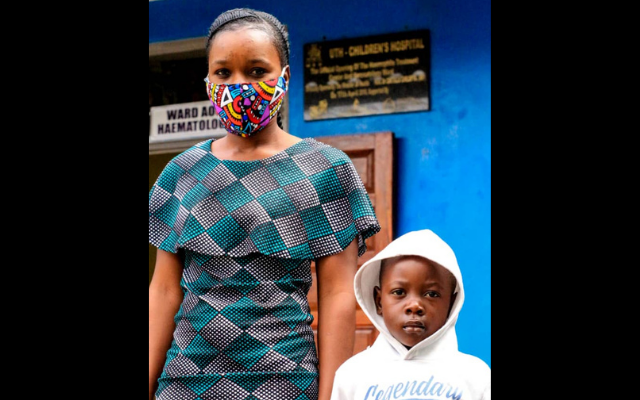Thanks to donated factor provided by the WFH Humanitarian Aid Program, children in Zambia with a bleeding disorder have been able to go back to school and lead normal lives. In 2020, the Program worked with the Haemophilia Foundation of Zambia—the local national member organization (NMO)—to deliver over 1.25 million IUs of factor to local hospitals. That factor was used for acute bleeds and for prophylactic treatment for children.
Uzima Chirwa, MD, is a physician at the University Teaching Hospital in Lusaka, Zambia. He is one of two doctors at the hospital who treats children who have bleeding disorders with factor provided by the WFH Humanitarian Aid Program. “We’ve seen a tremendous progress in the management of patients with hemophilia,” explains Chirwa, going on to say that children who are put on a prophylaxis program rarely come to his facility to be treated for acute bleeds. This fact is echoed by the praise Constance Phiri—the mother of Gift, a boy with hemophilia—has for the Program. She says that prophylaxis has changed her son’s life by virtually eliminating his bleeds: “We want to give a big thank you to the [WFH Humanitarian Aid Program for the] factor that donors have given to us.”
To read more about how donations have changed lives in Zambia and in other countries, read the recently-released WFH Humanitarian Aid Program Impact Report here.
About the WFH Humanitarian Aid Program













